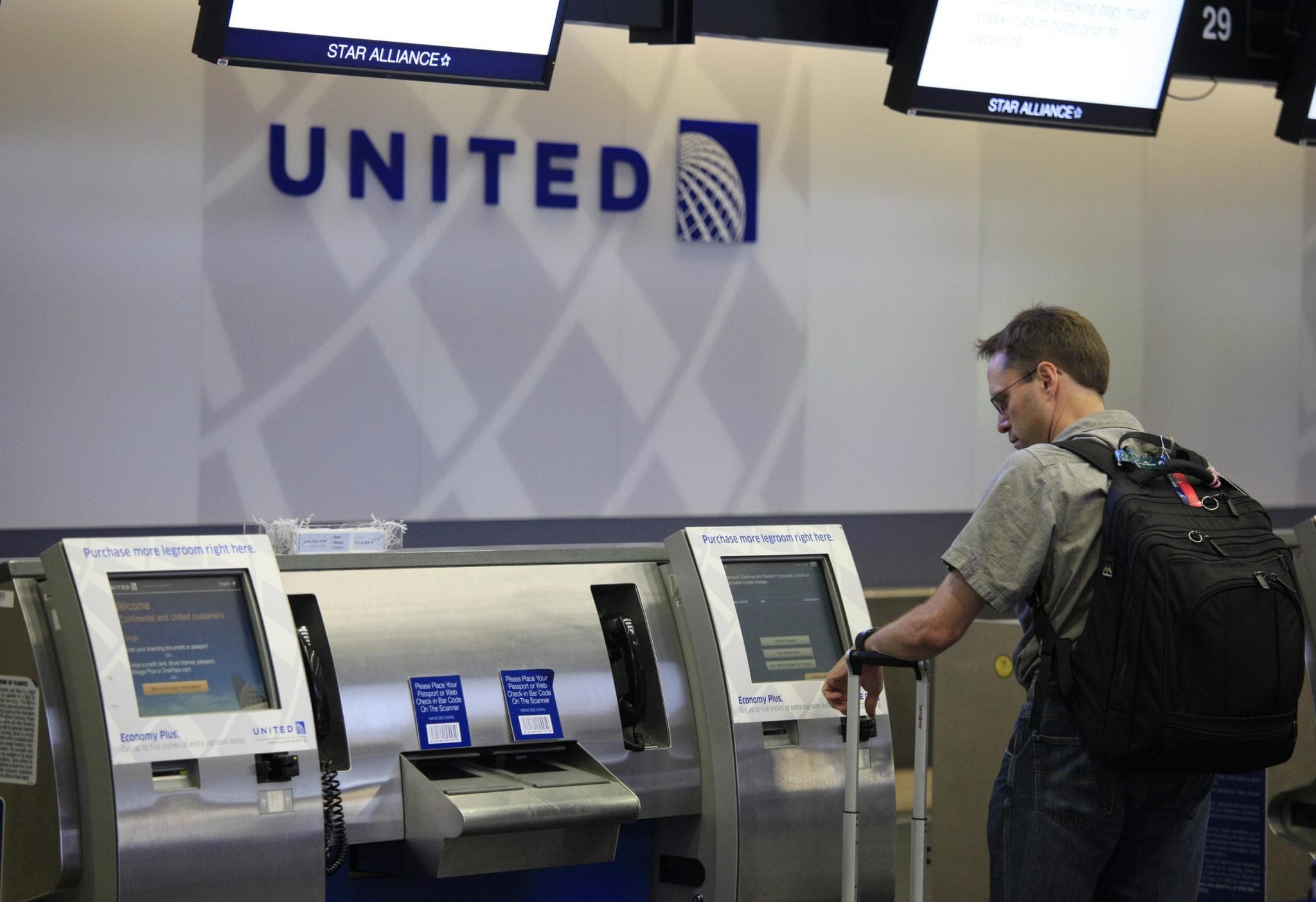Skift Take
Let's give some credit to United CEO Oscar Munoz for his honesty about problems with airline IT systems. Yes, he was speaking with employees, and not the public, but many CEOs aren't this candid when they meet with workers. Former United CEO Jeff Smisek certainly wasn't.
When an airline’s technology systems fail, as happened to Delta Air Lines on Sunday, the carrier often releases a statement apologizing for the issue and promising it is working to fix the problem. Often, the airline assures customers it is making major technological investments so the issue will not reoccur.
But behind closed doors, U.S. airline executives know solving IT issues will not be easy. Sometimes, they acknowledge outages are a cost of doing business.
United CEO Oscar Munoz, whose airline suffered an outage on Jan. 22, grounding its flights for roughly two hours, told employees the next day that fixing the industry’s technology infrastructure is not as easy as it sounds.
Meeting with workers at United’s Washington Dulles hub, Munoz told them that United tends to have two types of systems — some “very old” but “very reliable,” and some new. The older systems, he said, are fine on their own, but struggle sometimes to interact with the new stuff as technology evolves.
“It’s a little bit like using an eight track tape player base as your infrastructure, trying to communicate to an iPhone,” Munoz said, according to a recording of the meeting reviewed by Skift. “The work that has to be done to connect those things is involved, costly, and not always entirely reliable. [It’s also] fraught with potential human error and factor.”
Munoz said people often ask him why airlines don’t update all systems at once to fix these problems. But he likened that to changing all four of a moving car’s tires. He said it was impossible to do without temporarily closing the airline.
“We have to be up, right?” Munoz said. “You saw what two hours does for us. A systems change of that magnitude? I don’t know how long it would take. It would take weeks. And so we can’t just shut down the airline while we renovate [and say] ‘excuse us for the inconvenience. We’ll be back in two weeks.’ And possibly two weeks is too short a time frame. … It’s a very, very complex environment.”
Munoz added that United has been relatively lucky with its recent outages, with most over relatively quickly. Delta had one in August in August that forced it to cancel roughly 2,000 flights over several days, while Southwest Airlines had similarly massive issues in July.
Delta told investors its outage cost it about $150 million. Meanwhile, the Dallas Morning News estimated Southwest’s issues probably cost it more than $54 million.
“Well, honestly, it’s not shutting down flights for two days, like other airlines have done,” Munoz said. “I know it sounds stupid, but I’ll tell you, I’ll take two hours versus two days.”
Of course, United hasn’t been completely spared. In addition to last week’s problems, United has had several temporary outages in recent years, includes ones in October 2016, September 2016, and July 2015.
The Daily Newsletter
Our daily coverage of the global travel industry. Written by editors and analysts from across Skift’s brands.
Have a confidential tip for Skift? Get in touch
Tags: delta air lines, oscar munoz, united airlines
Photo credit: A United Airlines customer uses an airport kiosk. The airline's CEO said United is doing what it can to improve its IT infrastructure. Associated Press
